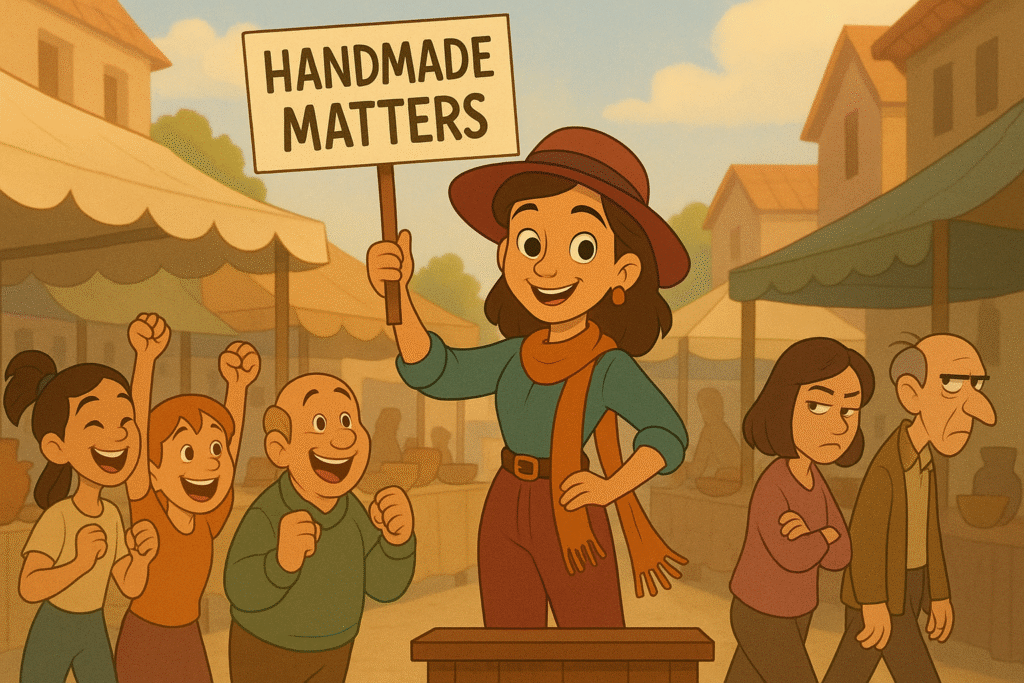
Ben & Jerry’s lost masses of customers when they stopped selling ice cream in occupied Palestinian territories.
But they gained millions more.
Most companies would freak out at even considering such a divisive stance.
Ben & Jerry’s believed something deeper: taking a clear position attracts fierce loyalty from people who share your values, even if it repels others.
This politically charged example shows a counterintuitive truth about building product loyalty.
The brands customers defend most passionately are never the ones trying to please everyone.
They ARE the ones brave enough to stand for something specific and meaningful to the people behind them.
Consider how Chick-fil-A closes on Sundays, potentially sacrificing millions in revenue. This decision (made in 1946) signals their Christian values so clearly that customers view dining there as supporting shared beliefs. The result: fanatical loyalty that turns customers into unpaid advocates.
Same phenomenon, different tribe.
When customers believe you share their worldview, purchasing becomes an act of solidarity. Suddenly, they’re voting with their wallets for your vision of how the world should work.
Dick’s Sporting Goods experienced this firsthand when they stopped selling assault-style weapons after the Parkland shooting. They lost significant business from gun rights advocates but gained intense loyalty from customers who shared their safety-first position.
Sales dropped initially, then rebounded stronger because their remaining customers felt genuine alignment.
The key insight: unity creates urgency. When customers see you as an ally rather than just a vendor, they actively want you to succeed.
In I Need That, I discuss how successful products create emotional investment beyond mere satisfaction. Customers who feel unified with your mission become resistant to competitive offerings because switching feels like betrayal.
The unity principle in action: When Patagonia sued the Trump administration over environmental policy, it was bigger than a marketing play. They were demonstrating authentic commitment to values their customers held.
The lawsuit generated massive free publicity, but more importantly, it proved Patagonia would sacrifice business relationships to defend shared principles. This authentic stance transformed customers into community members who actively promote the brand because they trust its integrity.
Worth testing: Identify one belief or principle your ideal customers care deeply about. Then find a genuine way to demonstrate your alignment through actions, not just words. This shouldn’t mean manufacturing controversy, but having the courage to openly support causes that matter to your community, even when doing so might alienate potential customers who don’t share those values.
What brand have you supported specifically because they took a stand you agreed with?
Tap reply and share how taking sides has influenced your loyalty to a company.
Or reach out to my team of the best product marketing agency experts at Graphos Product.
